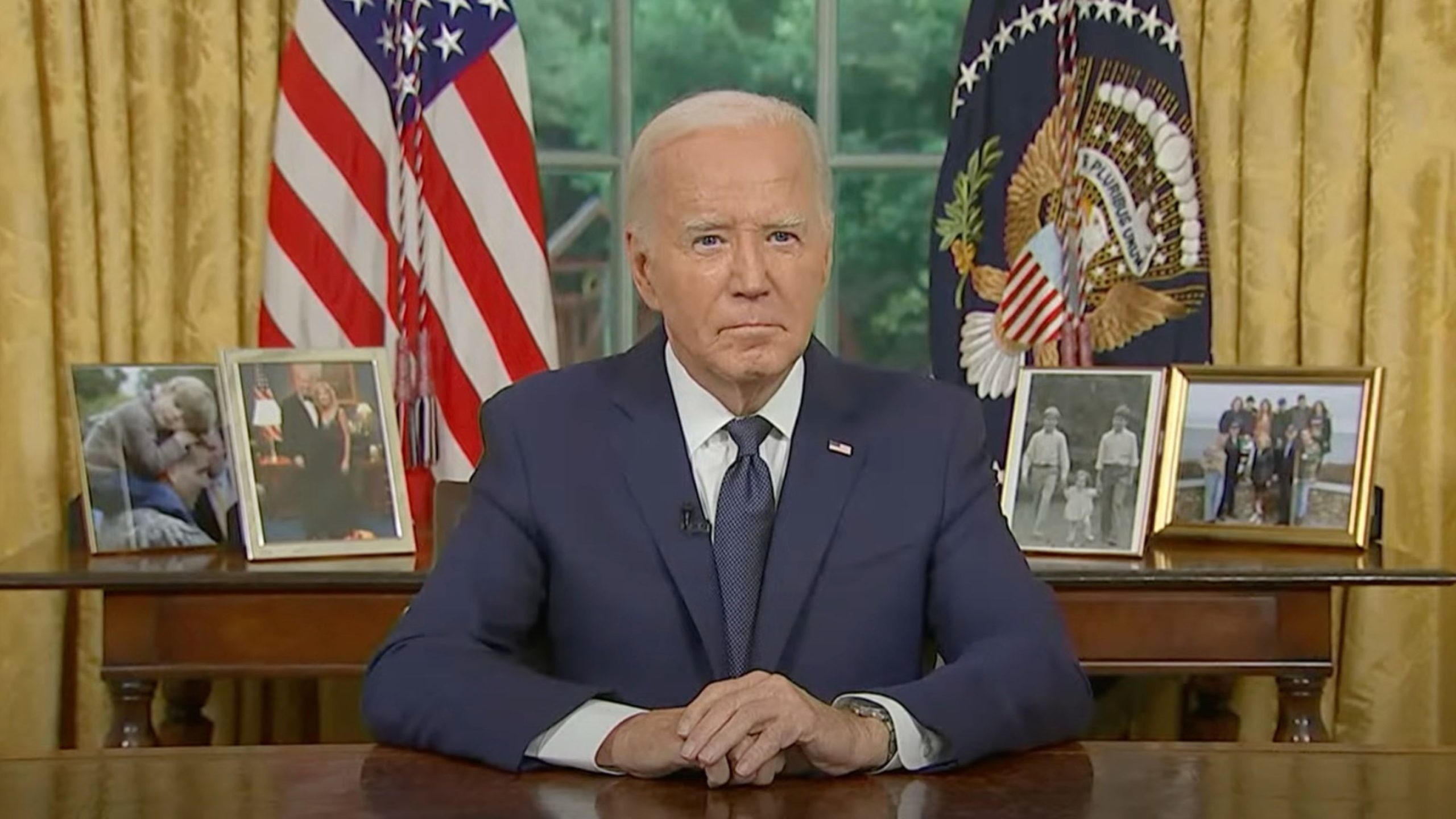The Biden administration is working to expedite widespread adoption of digital IDs, including driver’s licenses, a draft executive order indicates.
Digital IDs are a contentious concept primarily because of the concentration of – eventually – the entirety of people’s sensitive private information in centralized databases controlled by the government, and on people’s phones, “client-side.”
That in turn brings up the issues of technical security, but also privacy, and the potential for dystopian-style mass surveillance.
Proponents, on the other hand, like to focus on the “convenience” that such a shift from physical to digital personal documents is promised to bring.
In the US, some states have started this process via digital driver’s licenses, and the executive order is urging (“strongly encouraging”) both federal and state authorities to accelerate this, as well as other types of digital ID.
Where this policy seems to be converging to is coming up, at long last, with a functional way to carry out online identity verification. Namely, digital ID would be combined with biometric data obtained through facial recognition, and other forms of biometrics harvesting.
Centralization of data – opponents say to better control it, even if that makes it less secure – is a key component of these schemes, and so the Biden executive order speaks about making it obligatory for federal agencies to join “a single government-run identity system, Login.gov,” reports say.
It is also noted that Biden initially mentioned such an executive order was coming during his 2022 State of the Union speech, but the wording reportedly became a cause of contention.
Now, that seems to have been resolved, and the only question for the administration is when Biden should sign the order, the same sources who saw the text, report.
At the same time, as states are launching their own (partial) digital ID programs, an increasing number are looking for ways to introduce online age verification and are enacting laws to this effect.
A federal-level digital ID scheme would help in these efforts to solve the “problem” of online anonymity – and in the process forever change the internet as we know it.



I think this is a terrible idea.
I haven’t ever given this much thought, honestly. I’m curious why you think it’s not a good idea though.
our biometric cameras have successfully linked your face to your ID and identified you as a dangerous person for stepping outside of your home without getting your 29 boosters, the cops are already on their way to arrest you
I hate to tell you this but especially in the US, your phone number is already forcibly linked to your name and identity and they already have your face on your drivers license. I don’t see how putting an ID on your phone changes much and frankly, this might actually help with the issue of verifying identity online for things that actually need that.
I get that, I guess the question is what stops them from doing that now? It isn’t like your driver’s license only exists in your wallet. They have the information to make you a new one if it’s lost.
the only thing stopping them from doing it now is just the fact that they’re not done working on it yet. they ARE doing it. just because we’re already started on a bad trajectory doesn’t mean we should just give up and say “hey they already do this, so why not just let them”. And yes, while it might make things “convenient” for you to sign up for a service, it will also help a small group of people who make decisions on how YOU should live, and it will help them force those decisions on YOU whether you like it or not. putting this technology in place gives a small group of powerful people the tool they need not only to to control where you travel, but what you are allowed to buy at the grocery store, what “vaccinations” you will be forced to get, etc.
whitney webb does a ton of great reporting regarding this topic if you are genuinely interested in where i’m coming from. it’s not just the Biden administration either, its both parties unfortunately. here’s a short video https://www.youtube.com/watch?v=mJELdg9ayuc